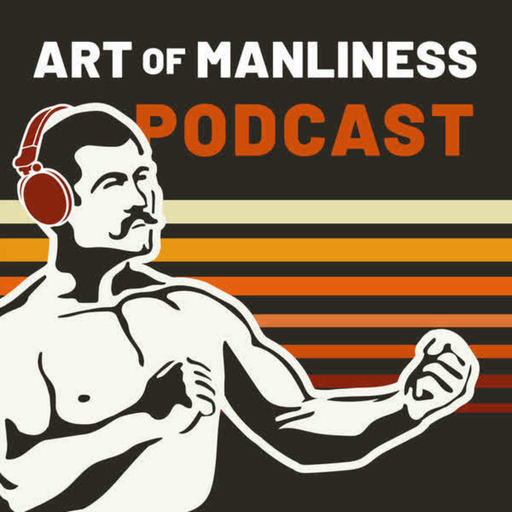To be a great success in business, you need to have a compelling vision, create a well-thought-out strategy to achieve that vision, and then fully commit to that strategy with action and resources.
That's also the recipe for being a great failure in business.
That's what my guest argues in his book The Strategy Paradox: Why Committing to Success Leads to Failure. His name is Michael Raynor and we begin our discussion by describing the strategy paradox: the fact that the same sound strategy can lead to both success and failure. We discuss how the outcome then depends less on the strategy itself, than on the idea you decide to bet on, using the example of the way Sony employed the right strategy in backing Betamax in the VCR wars, but still lost out to VHS. Raynor then explains the limitations of forecasting and adaption, the approaches companies typically use to navigate the tension between needing to commit to something, and being uncertain they've committed to the right thing. He then unpacks two more effective ways of developing strategic flexibility: separating the management of commitment from the management of uncertainty, and acquiring a portfolio of assets that will increase your optionality. We end our conversation with whether the strategy paradox can be applied not only to making decisions in business, but to making decisions in our personal lives as well.
Get the show notes at aom.is/strategyparadox.


 Emissions
Emissions











